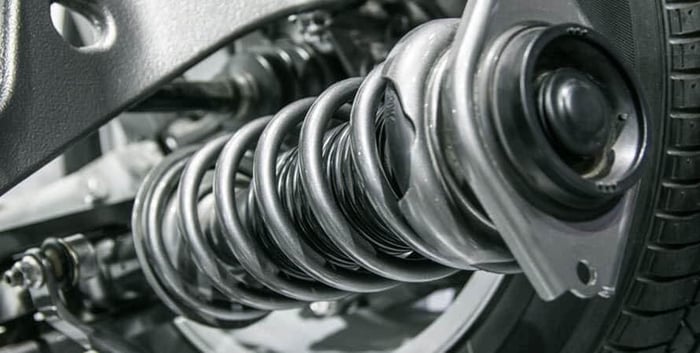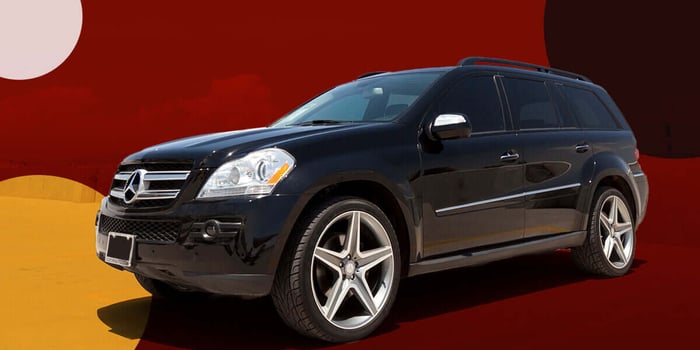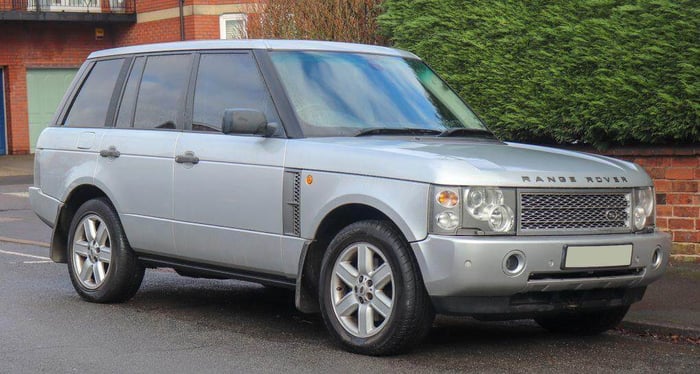When it comes to replacing the shocks on your vehicle,
you have a number of different choices. Even when you break it down to only passive struts, you have two primary options: Mono-tube and twin-tube shocks. There are major differences between the two technologies. But first, let’s identify what mono-tube and twin-tube shocks are.
What are mono-tube shocks?
In a mono-tube (also spelled monotube) shock absorber, all of the components are contained within one cylinder. This cylinder contains oil, pressurized gas, and a piston valve. It utilizes a free piston to separate the oil chamber from the gas chamber within the case.
What are twin-tube shocks?
A twin-tube shock absorber, as the name suggests, features two cylinders. One cylinder sits inside the shell case. The second cylinder holds the piston valve which moves vertically. It is known as the “inner cylinder.” In this twin-tube setup, there is no actual barrier between the gas and oil chambers.

Illustrated difference in the design of monotube and twin/dual tube shocks.
How do monotube and twin-tube shocks compare?
First, let’s establish some similarities. Both of these shocks can be very high-quality products made by reputable manufacturers. On the flipside, both of these can also be produced by fly-by-night companies looking to make a quick buck. Both mono-tube and twin-tube shocks perform the job of dampening your ride. They are also a vital part of your handling and braking systems. In short, they are extremely important to the safe functioning of your vehicle. But where do they differ?
Ride quality differences
For most people, the primary concern when looking at new shocks is ride quality. This is a factor of how well the shocks dampen the ride as it travels over bumps and dips in road surfaces. In the twin-tube design, fluid flows from the inner chamber to the outer chamber through valves which also do the dampening. Unfortunately, in very intense shock situations such as a pothole, the fluid in the chamber can start foaming. This will lead to a dramatic decrease in ride quality. However, in a single chamber design, the gas and fluid never mix. This is due to the free-floating piston. This means that there will be no foaming and as a result, much more reliable ride quality.
Differences in responsiveness: Monotube vs. twin tube shock absorbers
The importance of your shocks can not be overstated. Your suspension system is what connects your car to its wheels. That means it is an indispensable part of your braking and handling systems. This is where responsiveness comes into play. Ideally, your shocks will adjust quickly to whatever terrain you are traveling over without losing efficiency. They should stiffen when encountering rough terrain or a racing situation. The shocks should be much smoother when traveling on even road surfaces. Twin tube setups feature several independently-working valves. In contrast, monotube shocks function as one unit due to their single-valve assembly. This design distributes pressure over the entire circumference of the shock evenly. In addition, the single-tube design also allows for a larger piston. This provides extra strength to the shock absorber.
Ease of installation
When considering which shocks to buy, cost certainly becomes a factor. However, it is not only the cost of the product you must consider, but the cost of installing it as well. As you can probably guess from the name, twin-tube shocks are more complex than their monotube counterparts. With more components in the mix, twin-tube shocks are much more difficult to install. The single valve design of monotube shocks means that they are “simple on the inside, simple on the outside.” Their relative simplicity means an easier installation. In fact, most of these monotube shocks are designed with the DIYer in mind. If engineered properly, they should be very simple to install at home. Even if you choose to take that job to your mechanic, they will spend considerably less time under the hood with monotubes than they would with twin tubes. The result is more savings.
Monotube shocks: clearly the better choice
The factors listed above aren’t even the whole story. There are issues like aeration, ride stability and fading that also differ between the two. Click here to read a more in-depth look at these issues. When you consider all of the advantages, it becomes clear that monotube shocks are clearly the better solution. This is why Strutmasters has chosen to outfit each kit with mono-tube shock absorbers. It is true that they are slightly more expensive than twin-tube shocks. However, once you consider the lower cost of installation, less maintenance, and a lower rate of failure, the long-term cost is much lower. It is important to be able to trust the quality of the shocks you buy and install. That’s why Strutmasters offers a Limited Lifetime Guarantee on the build quality of its shock absorbers. As long as your vehicle is on the road, your shocks are guaranteed. Once you are ready to replace your suspension with durable, high-quality monotube shocks,
search for your model on our website. Better yet, give one of our Suspension Experts a call at (866) 715-6013 and let them sort it out for you. Say goodbye to faulty suspensions and hello to peace-of-mind.
 Illustrated difference in the design of monotube and twin/dual tube shocks.
Illustrated difference in the design of monotube and twin/dual tube shocks.



